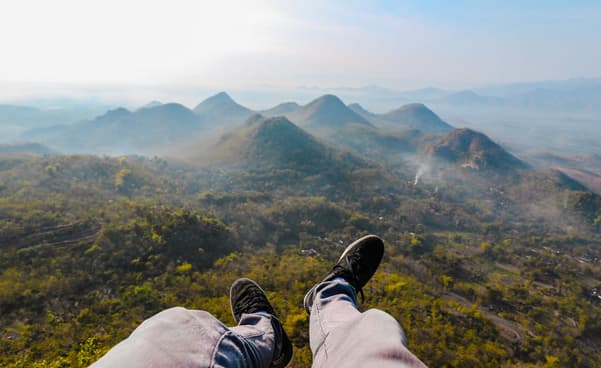Tourism is far more than just a leisurely escape—it’s a bridge that connects people, cultures, economies, and ecosystems across the globe. Whether it’s backpacking through Southeast Asia, taking a luxury cruise in the Mediterranean, or exploring historical landmarks in your own country, tourism creates opportunities for learning, growth, and economic development. In the 21st century, tourism has evolved into a multi-trillion-dollar industry that touches nearly every part of the world, impacting everything from local jobs and infrastructure to environmental conservation and global peacebuilding.
As global connectivity increases and travel becomes more accessible, tourism continues to shape our understanding of the world and our place in it. But it’s not without challenges. From managing overcrowded destinations to preserving cultural authenticity and minimizing ecological footprints, the tourism industry must continually adapt to ensure sustainable and meaningful experiences for both travelers and host communities.
Cultural Exchange and Global Understanding
One of the most powerful aspects of tourism is its ability to foster cultural exchange. When people travel to different regions, they are exposed to new languages, traditions, cuisines, and ways of life. This immersion encourages empathy, open-mindedness, and a deeper understanding of diverse perspectives. Whether it’s attending a traditional tea ceremony in Japan or joining a cooking class in Italy, these authentic interactions help dismantle stereotypes and promote global citizenship.
Moreover, tourism has played a pivotal role in preserving cultural heritage. Museums, historic sites, religious landmarks, and festivals attract millions of visitors each year, providing the funding and incentive to maintain them. Countries like Egypt, Greece, and India benefit from cultural tourism that helps preserve ancient ruins, sacred temples, and folkloric customs. These encounters not only enrich the traveler’s experience but also validate and celebrate the identities of local populations.
However, it’s essential to navigate cultural tourism responsibly. When poorly managed, tourism can lead to the commodification of traditions or displace indigenous communities. That’s why ethical travel—respecting local customs, supporting locally owned businesses, and learning the history of a place—is key to ensuring that tourism contributes positively to cultural preservation.

Economic Benefits and Sustainability Challenges
Tourism is a significant engine of economic growth. In many developing nations, it is one of the top contributors to GDP and employment. According to the World Travel & Tourism Council, tourism generated 10.4% of global GDP in recent years and supported over 300 million jobs worldwide. From hotel workers and tour guides to taxi drivers and street vendors, entire communities can thrive on tourism-driven revenue.
Local economies flourish when tourists spend money on accommodations, dining, transportation, and souvenirs. In rural or underdeveloped areas, community-based tourism initiatives can create income streams and stimulate development where other industries might not reach. Additionally, tourism investments often lead to improved infrastructure such as roads, airports, and public services, benefiting both visitors and residents.
Despite these advantages, tourism also presents notable challenges—especially when it grows too quickly or without regulation. Over-tourism in places like Venice, Barcelona, and Bali has led to overcrowding, rising living costs for locals, and degradation of natural and cultural sites. Moreover, the carbon footprint associated with air travel, cruise ships, and mass consumption contributes to climate change and environmental degradation.
To address these issues, the industry has increasingly turned to sustainable tourism—a model that balances economic growth with environmental protection and social responsibility. This includes initiatives like eco-tourism, carbon offset programs, waste reduction in resorts, and promoting off-season or less-frequented destinations. Tourists themselves play a crucial role by making conscious choices such as using public transport, avoiding single-use plastics, and booking tours with certified eco-friendly operators.
Conclusion: Traveling With Purpose
Tourism is one of humanity’s greatest tools for connection, education, and economic empowerment. It brings the distant near, makes the unfamiliar relatable, and helps individuals grow into more compassionate global citizens. From the joy of discovering a hidden beach in Thailand to the awe of standing before the Grand Canyon, tourism opens the door to memories that last a lifetime.
Yet as the tourism industry expands, so must our awareness of its consequences. Travelers, businesses, and governments share the responsibility of ensuring tourism is a force for good. Sustainable tourism practices, respect for local communities, and a commitment to preserving natural and cultural resources will determine how the next generation experiences the world.
As the saying goes, “Take only memories, leave only footprints.” By embracing mindful travel, we ensure that tourism continues to be a source of inspiration, opportunity, and positive change for everyone—both now and in the future.
